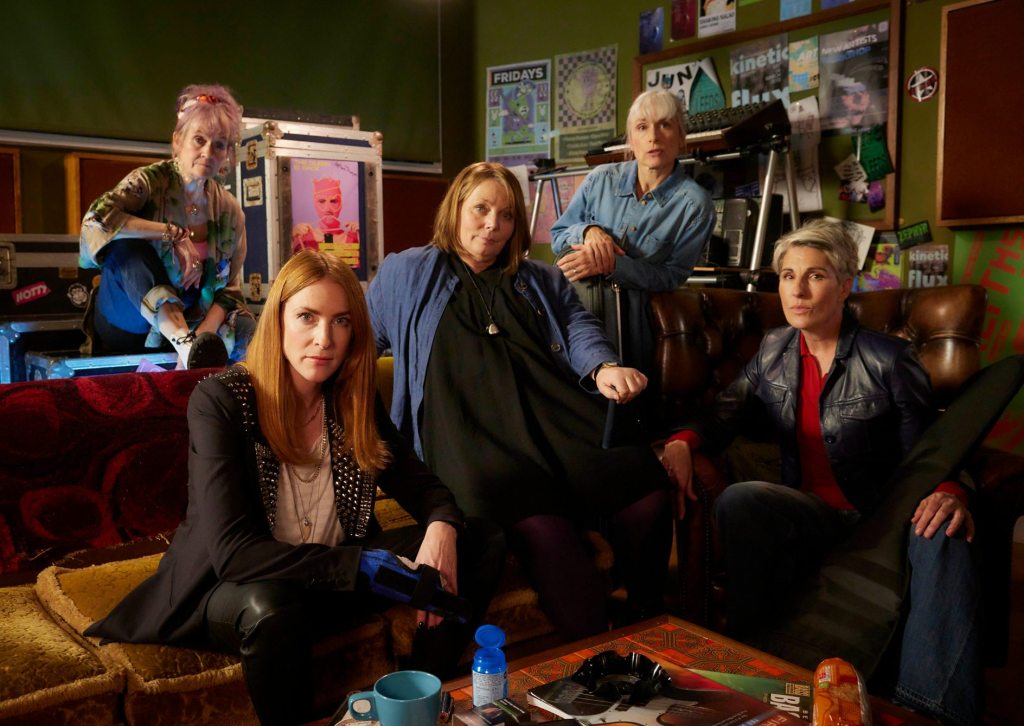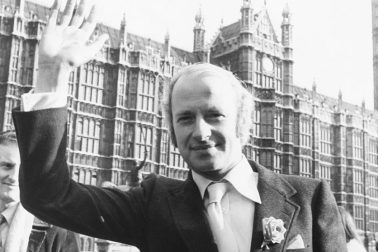Not only does the death of Iranian President Ebrahim Raisi, in a helicopter crash in the fog and mountains in northern Iran, necessitate an election within 50 days, it has also removed the likely front-runner to replace Iran’s Supreme Leader, Ayatollah Khamenei.
Anyone hoping for a revolution will probably be disappointed
Raisi was an attractive candidate because, as much as Khamenei himself was thrust into the role in 1989 due to his supposed weakness, a lack of a power base and a generally malleable profile, Raisi presented similarly: a loyal yes man unlikely to rock the boat and inclined to do as told. In a power transition from Khamenei to post-Khamenei, watched over by the all-powerful Islamic Revolutionary Guard Corps (IRGC), these were good qualities.
His death leaves the succession open to Khamenei’s son, Mojtaba, a far less pliable figure, more prone to independent thought. This could be a cause for concern for the IRGC, Iran’s real power brokers. Mojtaba’s possible accession to the top job comes with all sorts of historical and theological problems. The revolution, surely, was fought to rid Iran of a hereditary dynasty?
The Islamic Republic has so successfully neutered the independence of the clergy within Iran, however, that even taking into account the above factors, there is very little anyone would be able to do to contest Mojtaba’s accession. Done deal or not, we shouldn’t expect Khamenei to make any pronouncements on the succession issue while he’s alive, as doing so creates expectations and disappointments, both of which can lead to uncertainty.
It’s often said that real political power lies with the supreme leader, not the elected president. And while this is true, with Raisi’s accession to the office of the president, there was a closing of the gap between the two offices; Raisi spoke for Khamenei, thereby rendering this distinction obsolete. Iranian presidents have historically been the lamest of ducks in foreign and domestic policy making, but there existed a plausible, if fictional, distinction between them. Not now. And this matters because whoever is ultimately elected after a likely rushed and messy electoral campaign during which the regime’s failure to provide jobs and a functioning economy will come under the spotlight, will speak for the supreme leader. Iran’s theocratic system always works in the supreme leader’s favour, giving the country a list of only pro-Khamenei figures for whom to vote.
As with seismic events in Iran, and this is undoubtedly one, there is the possibility that its effects could tear at the fabric of a country that has seen rampant inflation, rising unemployment and popular protests.
But anyone hoping for a revolution will probably be disappointed. The regime hasn’t wavered in its dealings with dissent, and is unlikely to now. Ayatollah Khamenei’s abiding lesson from the 1979 revolution was simple: never give in to the demands of protestors. So long as the IRGC and its internal organs remain loyal to the supreme leader and the regime, it is hard to see protests having a significant impact on the stability of the regime, no matter how far they spread.
The death of Raisi both matters and doesn’t. The regime will grimly march on, no matter who replaces Khamenei.







Comments